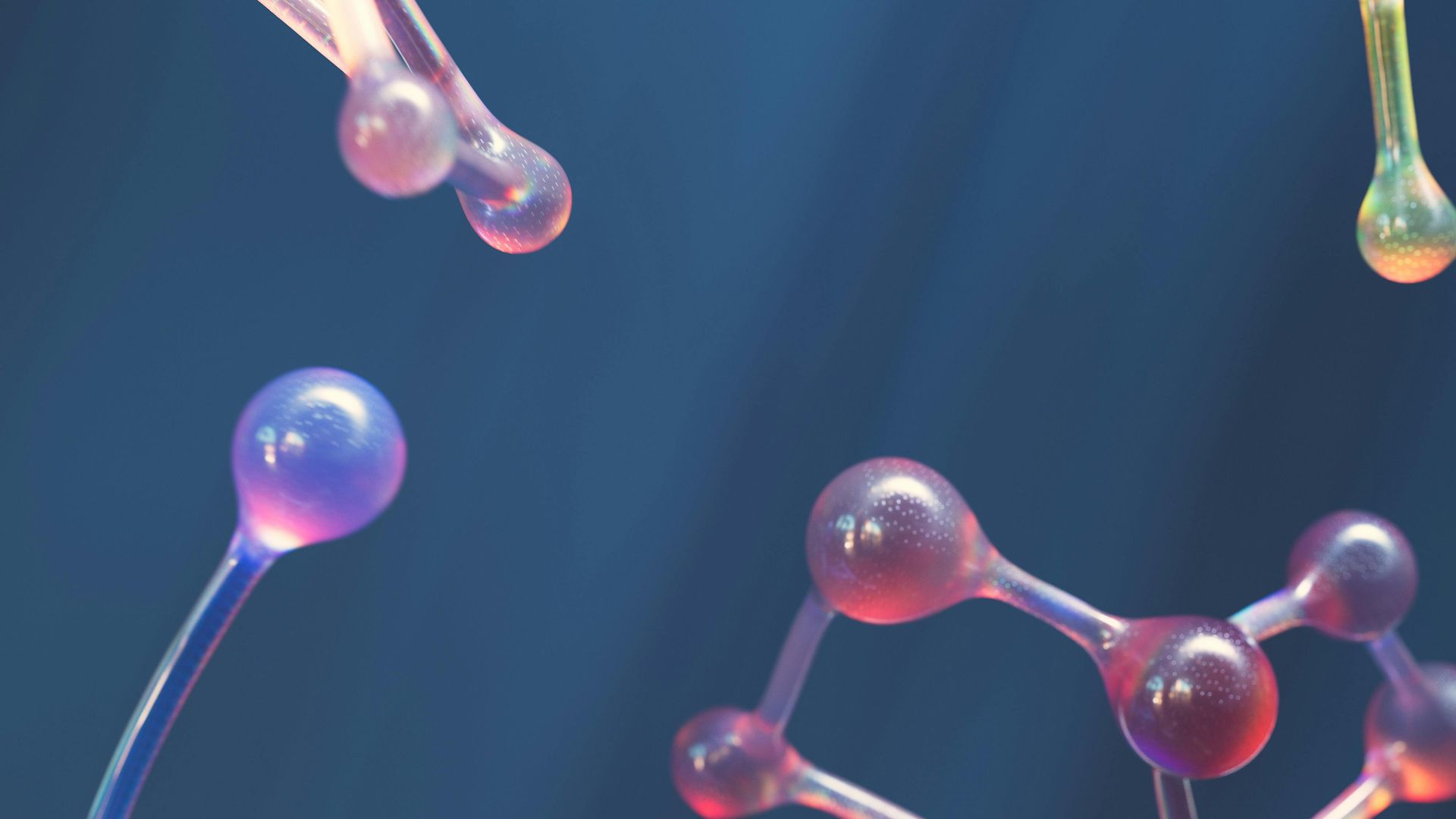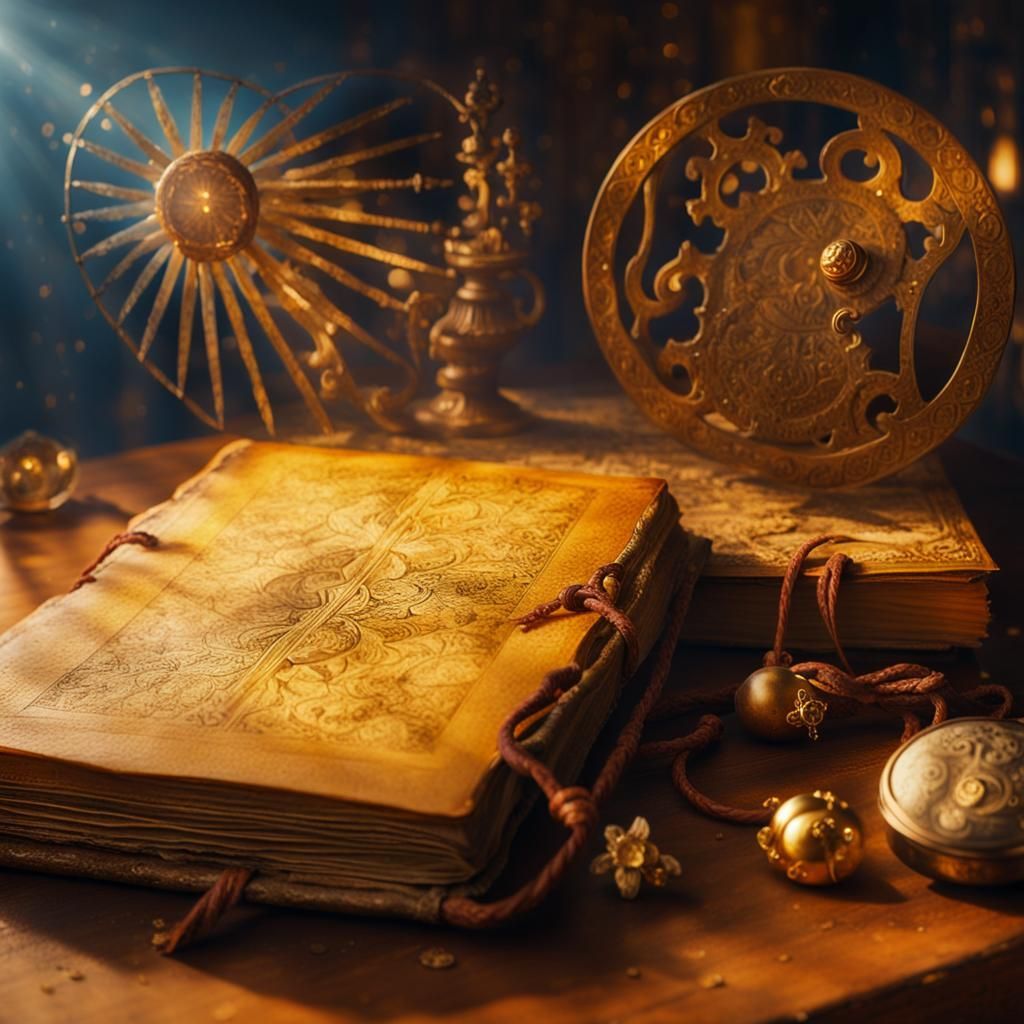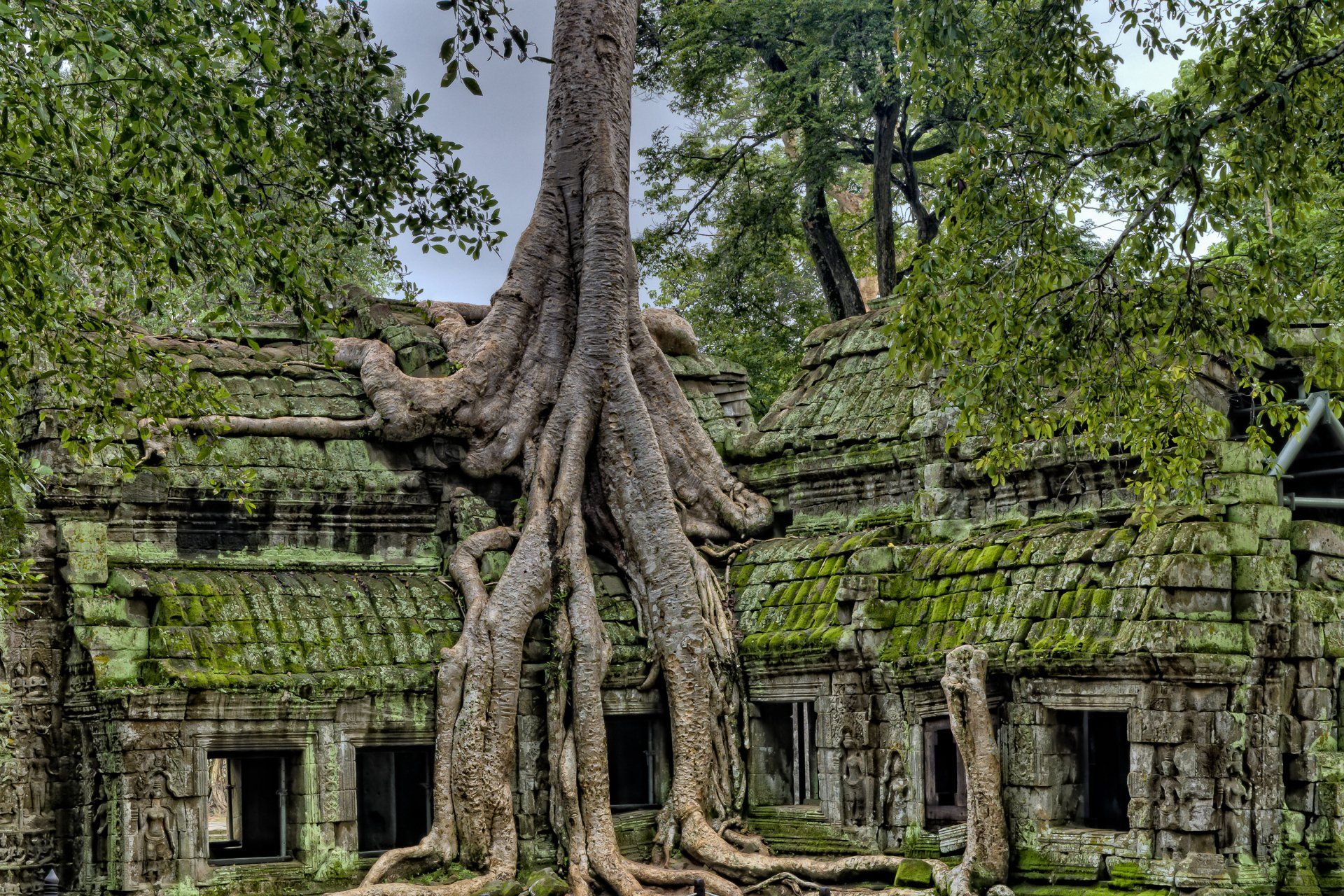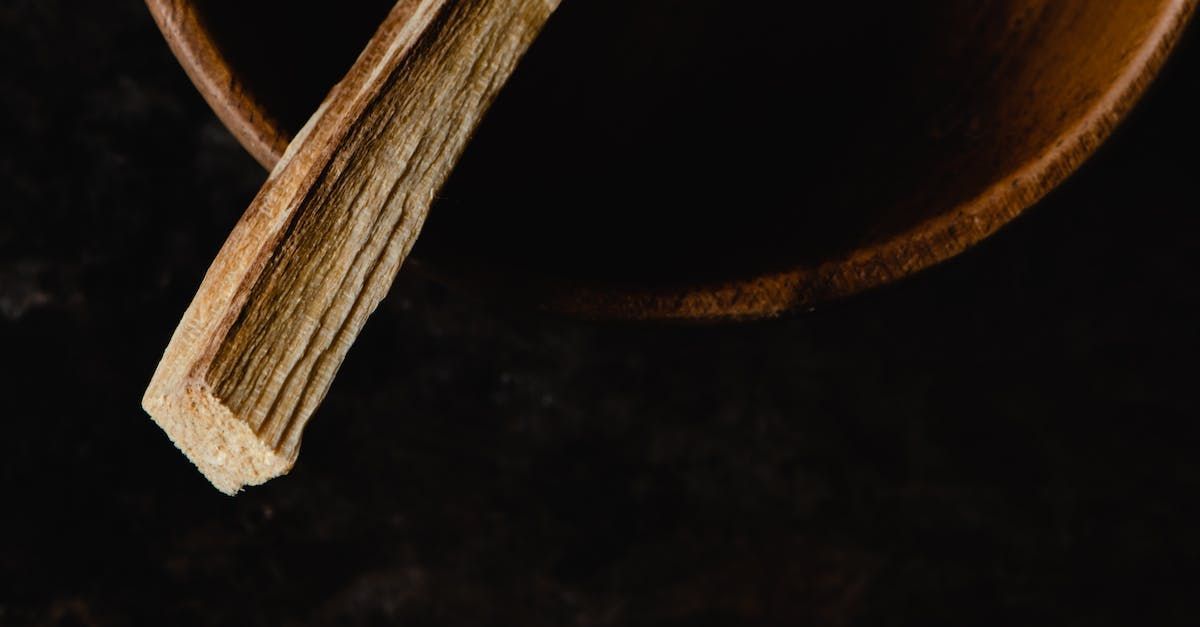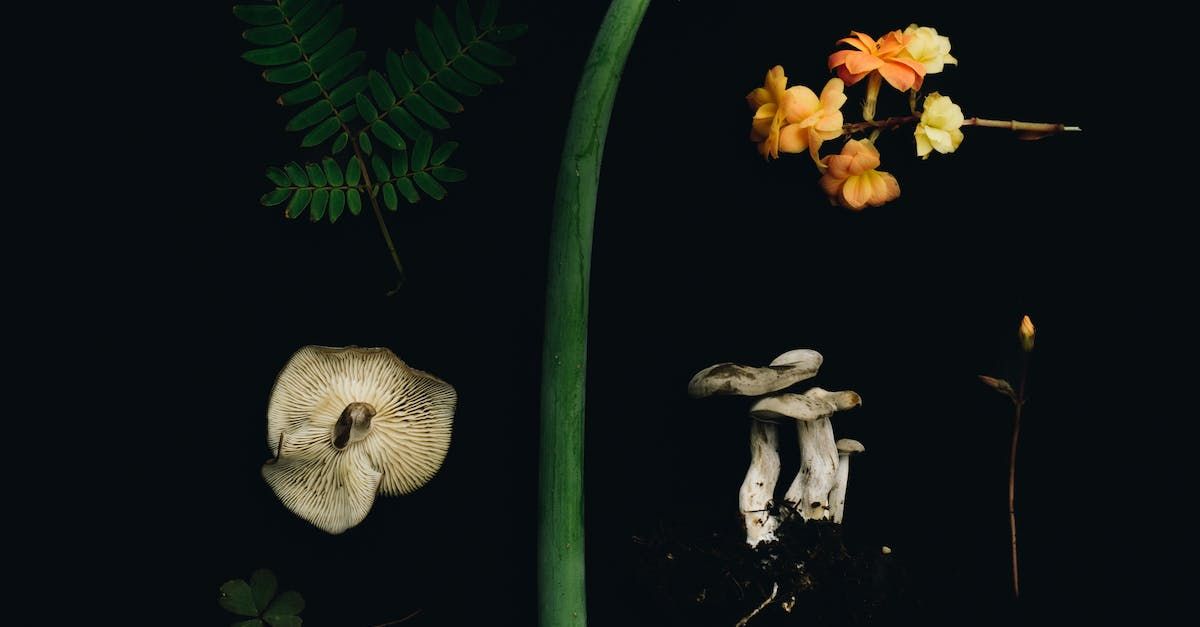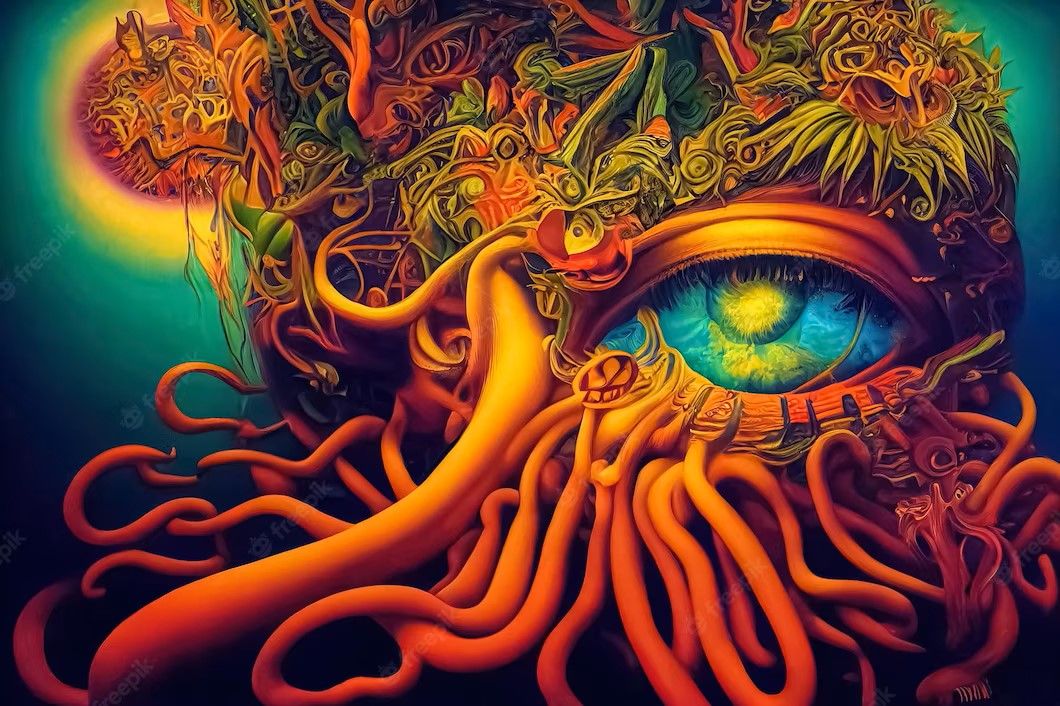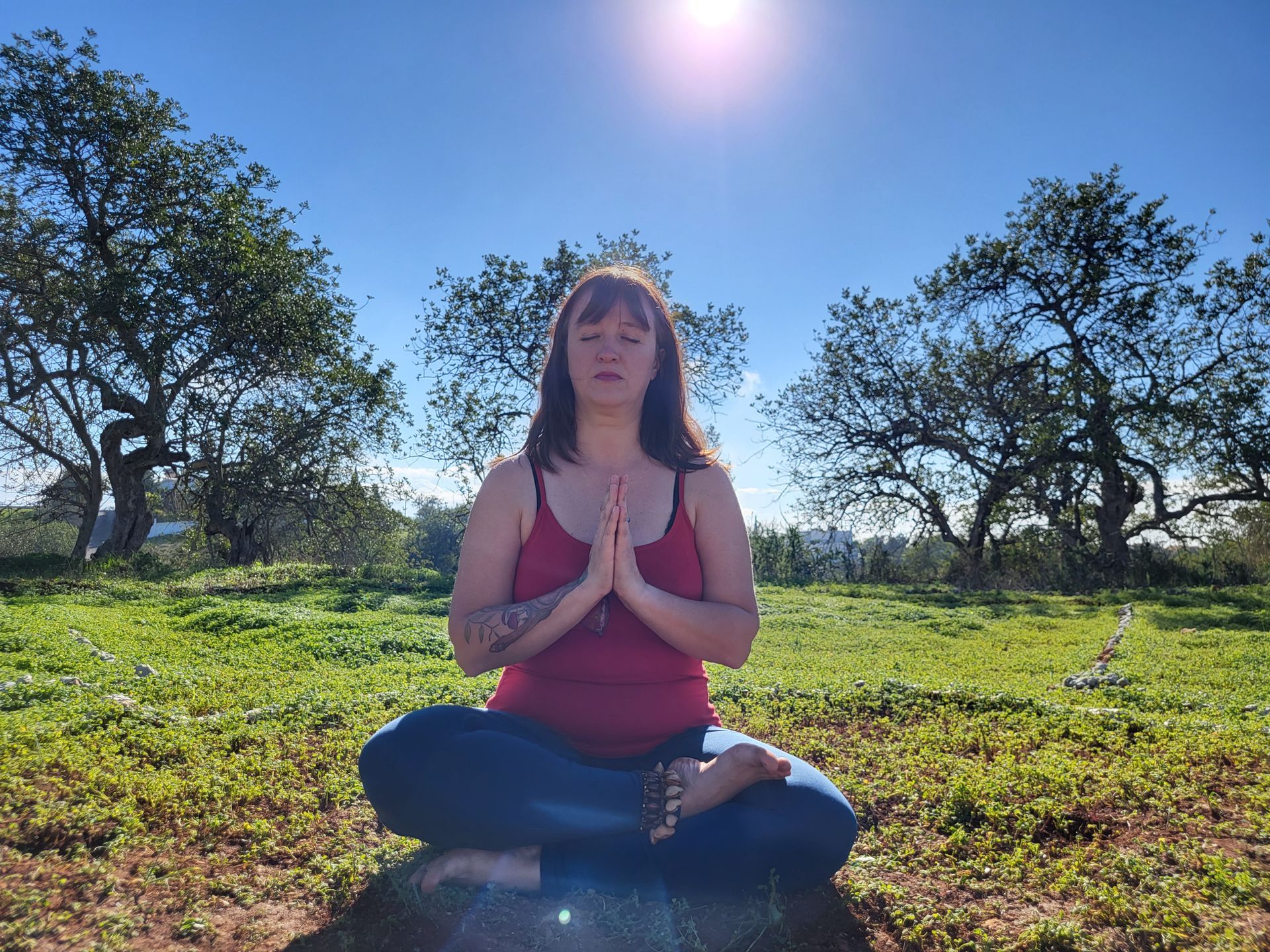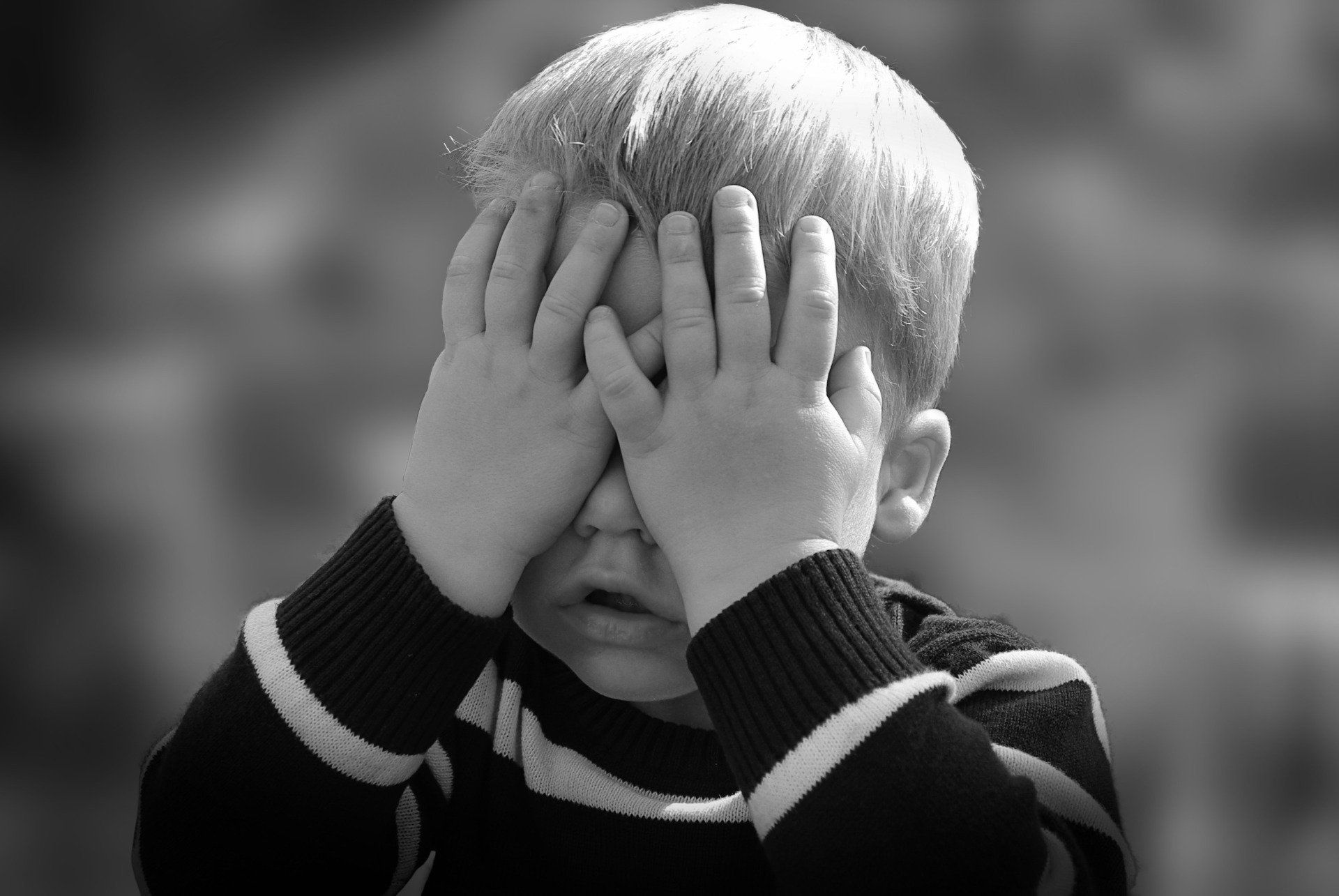*Disclaimer: We do not sell drugs, psychedelics or hallucinogens. We offer a safe space for holistic retreats.
Biohacking Heartbreak: Alchemy at the Edge of Love
by Bianca
Biohacking Heartbreak: Alchemy at the Edge of Love
A love that felt like sacred work
Some relationships arrive not just to bring love, but to change the shape of your inner landscape. This one was like that.
It wasn’t a typical romance, and I won’t flatten it by calling it “the love of my life”—because, frankly, I’m still alive, and life may still have a few surprises in store. But this connection was different. It had depth, texture, and a kind of sacred intentionality that felt extraordinary. We weren’t just playing roles or clinging to chemistry—we were doing work. Real work. Soul work.
We brought our wounds into the light, not to use them against each other, but to examine them with tenderness. We tried—genuinely tried—to see our conflicts not as failures, but as maps. And instead of blaming, we asked: what is this trigger pointing towards in me? What is still unhealed, unloved?
We had a shared mission, in a way—one that could almost fool you into thinking love could conquer anything. As Dr. Marc Gafni puts it, it was “us against unlove."
Until, eventually… it wasn’t.
Because somewhere along the way, he stepped back. Not violently, not dramatically. It wasn’t betrayal, and it wasn’t abandonment in the classic sense. It was, on paper, a consensual letting go. But the truth is—I wasn’t ready.
I had held onto the belief that we had found a model that could withstand anything. That if we stayed honest, curious, open, and willing, we could make it through any storm. And finding out that this wasn’t true (at least not with him) was its own kind of rupture.
There was no one to blame, really. Not him. Not me. Just a heartbreak that didn’t come from drama, but from the quiet collapse of something sacred. And that, in some ways, was even harder to metabolize.
When the Sacred Collapses
We didn’t scream. We didn’t wound each other on the way out. And yet, the silence that followed held an ache so vast it swallowed every reference point I thought I had. I had spent so long anchoring myself in the "we"—not out of co-dependence, but out of trust. I believed in the work we were doing, in our shared capacity to face whatever came up. And I trusted that even in the face of fear or contraction, we’d meet it with maturity and heart.
So when the ending came, and I was left alone—not in a dramatic storm, but in the eerie stillness of something that once pulsed with life—I didn’t know where to put the grief. There was no obvious rupture. No fight to rehash. Only the "why" and the slow, reluctant recognition that one of us had stopped holding the edge of the container. And it wasn’t me.
What made it even harder was the timing. My life was already stretched thin—physically, emotionally, spiritually. I was recovering from serious health challenges, rebuilding a retreat center from the ashes, processing betrayals I hadn’t seen coming, and trying to keep the vision alive for my team, myself and my children.
In the middle of all that, losing this relationship—the one thing that had still felt solid—hit like an earthquake.
Heartbreak as a Neurochemical Crash
The emotional pain was expected. I knew it would hurt—I just didn’t know how deep, or how physical, that hurt would become.
It wasn’t just sadness. It was apathy. It was depression. A heavy, slow fog that settled over everything. I had no energy, no motivation, no real sense of time moving. I wasn’t numb—I felt everything, maybe too much. The grief was sharp and constant, like a pressure behind my sternum that never let up.
And yes—I cried. A lot.
Sometimes with meaning. Sometimes just because my body didn’t know what else to do.
The self-loathing came in quietly. Not dramatic, not theatrical—just this slow, grinding erosion of self-worth. And while some people lose their appetite in heartbreak, I go the other way. I craved sugar, carbs, the emotional comfort of junk food. I hated it, and I hated myself for not being able to stop.
My sleep broke down. My nervous system stayed wired at night, tired in the morning. My body felt like it was running on smoke and stress. I knew, at some level, this was biochemical. That my system was crashing. But when you’re in it, knowing why barely helps.
Eventually, though, the "why" gave me something to hold onto. Because heartbreak like this isn’t just emotional. It’s physiological.
Romantic bonding releases a potent blend of neurochemicals: dopamine, serotonin, oxytocin, endorphins. When that bond breaks, the system crashes. And withdrawal kicks in. Understanding that helped me see the cravings, the compulsions, the emotional volatility—not as weakness, but as chemistry. And that shift made space for something else to begin. Let the biohacking begin.
The First Ritual: Mushrooms and the Decision to Live
When I realized I couldn’t think or cry my way out of the hole I was in, I turned to what I know I can rely on when nothing else works: ceremony. I entered a mushroom journey—not to reconnect with him, not to ask the universe for closure, but to reclaim myself.
And in the beginning, I did fight him. In that ceremonial space, I felt the weight of his absence and the energetic threads still tying me to him. I let that battle happen. I let my system shake him out, tear him off, purge the psychic residue.
And then, the focus shifted.
It became about me. Not the broken-hearted me. Not the woman left behind. But the woman still here. Still alive.
That journey took me somewhere I didn’t expect: into a deep curiosity about how I could support myself. Not just to stop hurting, but to start thriving. To live fully. To live longer. It dropped me straight into the rabbit hole of longevity.
Truth be told, I already knew that supplements, nutrition, and certain tools could help me. But that ceremony gave me something else entirely: the will to help myself. The desire to become strong again. And that shifted everything.
The Collision of Worlds: Love, Language, and the Nervous System
One of the hardest things to digest after the separation wasn’t the loss itself—it was the confusion. The cognitive dissonance. I kept circling the same questions in my mind:
- How can someone say they love me… and still not want to be with me?
- How can we share the same words but live in completely different realities?
Because when I say “I love you,” it means I’m in it. I’m all in. I show up, I stay, I go deep. I choose the hard conversations, the vulnerability, the shared vision.
But for him, love meant something different. Affection, care, softness, gentleness—yes. But not necessarily commitment. Not building. Not staying.
Once I saw that we were operating with different definitions of love, things started to click.
And then came the understanding of attachment styles. His being insecure. Mine being the rock. The one who tried to hold the container steady so he could feel safe. And ironically, that very steadiness may have pushed him away. Not because I was too much. But because, to a nervous system unfamiliar with safety, real intimacy can feel like danger.
It took me some time to internalize that. But once I did, a layer of unworthiness dropped off. I didn’t fail. We just weren’t wired to dance together long-term.
The Addiction Loop: Loving the Hit, Starving for the Safety
Even with all that insight, the cravings didn’t stop immediately. There was still the loop. I’d find myself replaying conversations, reading his poetry, scanning for meaning, checking my phone for a message I knew wouldn’t come. It wasn’t longing. It was compulsion.
Romantic love doesn’t just live in the heart—it lives in the limbic system. In the hormonal circuits of reward and memory. And when it’s gone, the body doesn’t just miss it. It aches.
Once I named it for what it was—withdrawal—I could start to loosen its grip. Not perfectly. But sometimes. And those “sometimes” started to add up.
The Turn: From Craving to Cellular Clarity
After weeks of looping, crashing, craving, and shaming myself for it, I stopped trying to feel better. I started trying to feel stronger.
Not emotionally. Biochemically.
Because I knew that clarity comes after energy. And energy comes from the mitochondria.
So I went practical:
- Supplements to feed my cells.
- Fasting and a low-sugar diet to reduce inflammation.
- Red light therapy. PEMF. Hyperbaric oxygen.
- And eventually, movement. Not forced. Invited.
But the biggest shift? I chose kindness. I let myself grieve, eat the bread, skip the training, cry in the car. And I didn’t make it mean I was failing. I was just going through a process. And the more the kind part of me was getting stronger, and not blaming myself for failure, the more I started to do the things that were actually good for my body and mind.
The Porch Moment
Two weeks into my protocol with supplements and new practices, I was sitting on the porch. No ritual. No journal. Just me and the sun and a cup of tea.
And suddenly, I felt… okay. Not euphoric. Not healed. Just me.
The thought came gently, not as a judgment, but a kind of astonished tenderness:
“Where was I this whole time?”
And the answer, of course, was: buried. Behind the noise. Behind the chemicals of grief and heartbreak. But not gone.
The Return
That moment on the porch wasn’t about triumph. It was about presence.
It was about finally being able to hear my own inner signal after weeks of static. I wasn’t fixed. But I was back.
And that made me realize—a lot of healing isn’t about becoming someone new. It’s about remembering who you were before your system went into emergency mode. The heartbreak didn’t make me better. But it stripped away the distractions.
And it brought me home.
The Alchemy of Loss
People like to wrap heartbreak up with platitudes. That it makes you stronger. That it was meant to happen. That love will find its way back.
But here’s what I know:
Alchemy is not poetic. It’s not clean. It’s not gentle. It's messy.
It’s violent, sacred dissolution. It’s death and rebirth without the Instagram glow filter.
And still, it leaves you with gold.
Not because you found closure. But because you found you.
This loss didn’t teach me that I was unlovable. It reminded me how deeply I love. How willing I am to show up, to see, to stay. It reminded me that I don’t want a relationship that asks me to shrink.
And it taught me how to help others walk through this fire with more tools, more self-respect, and more softness.
Because heartbreak isn’t a weakness. It’s an opening.
And on the other side, you might just find that the person you were always looking for—was you.
If you're walking through heartbreak right now, I see you. And I promise—there is a way through.
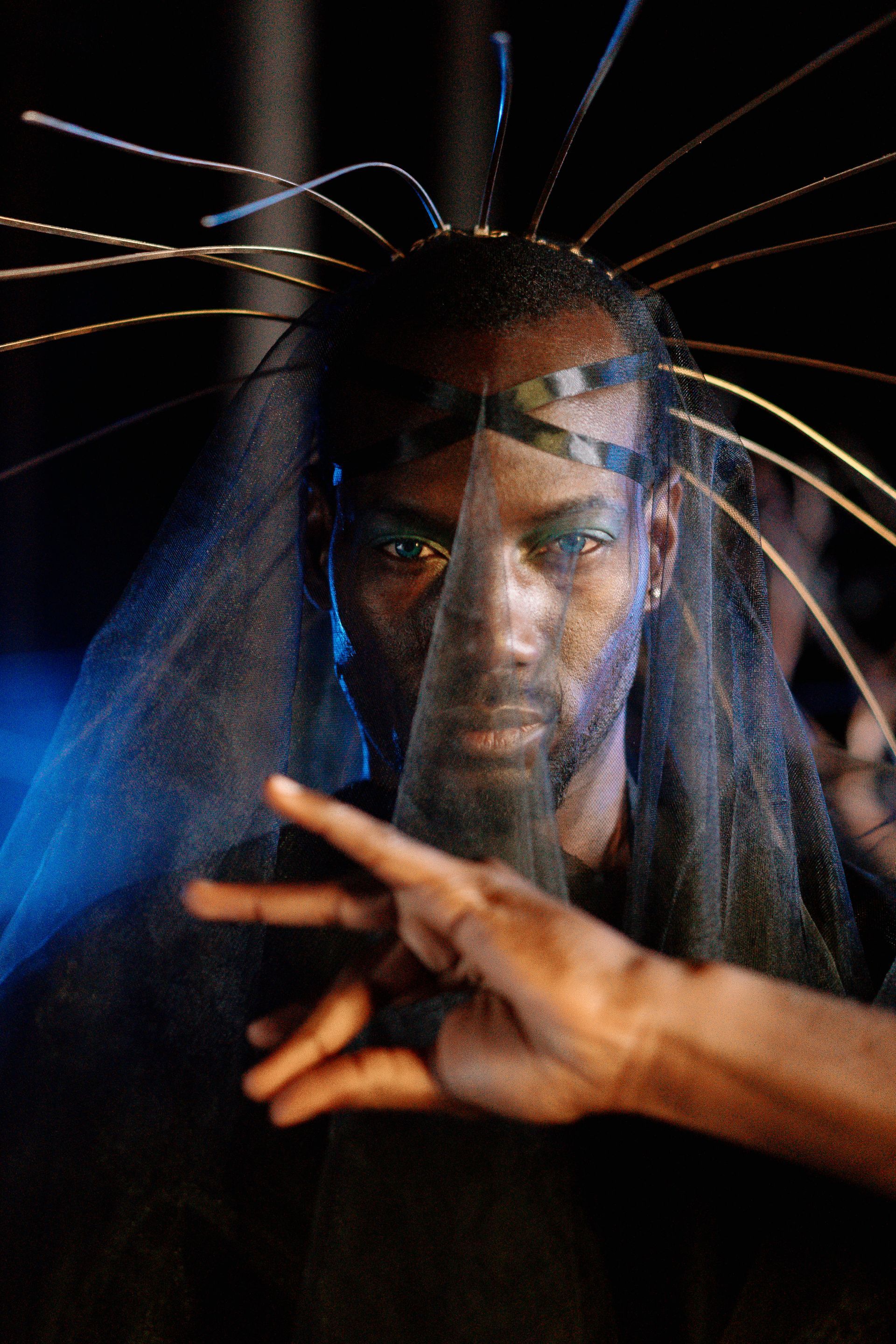

*Disclaimer: We do not sell drugs, psychedelics or hallucinogens. We offer a safe space for holistic retreats.
